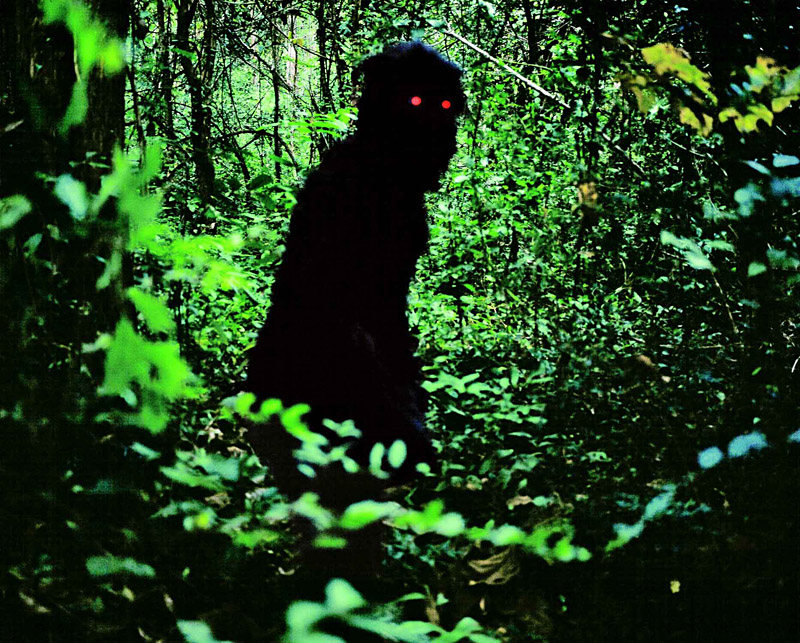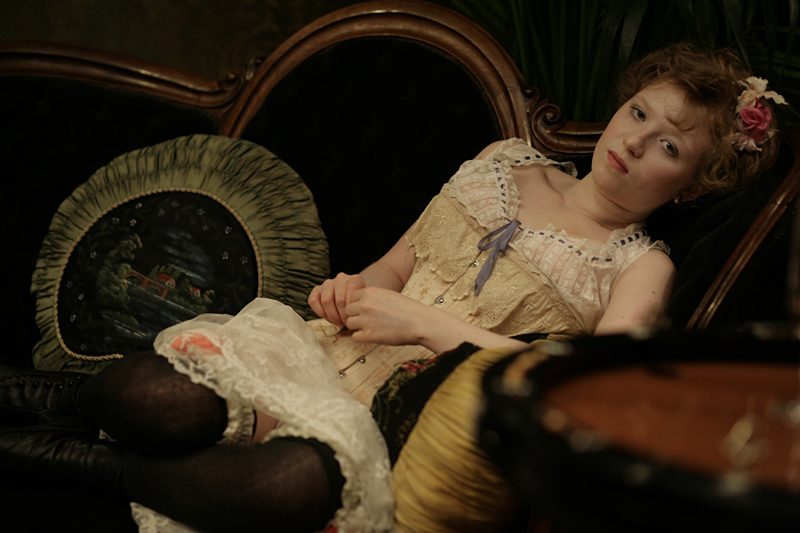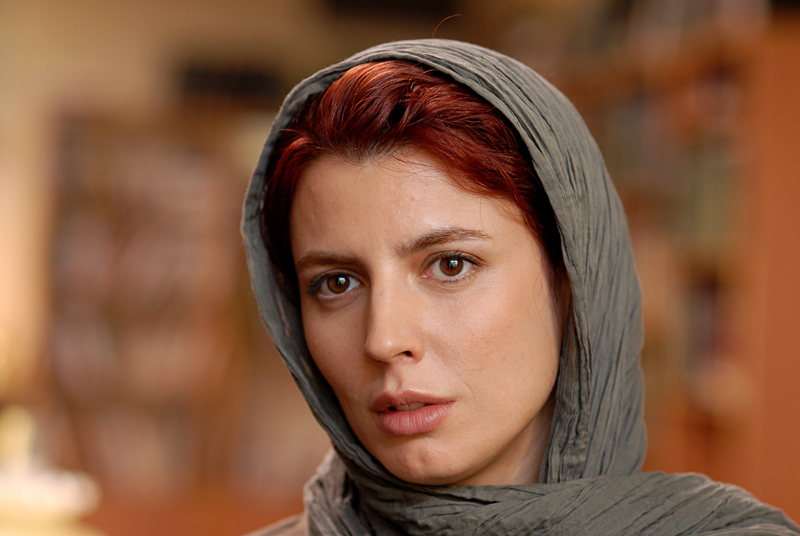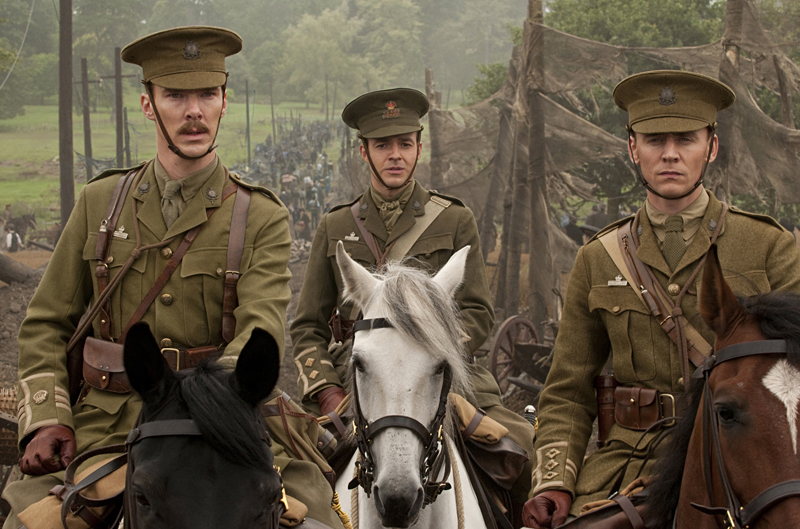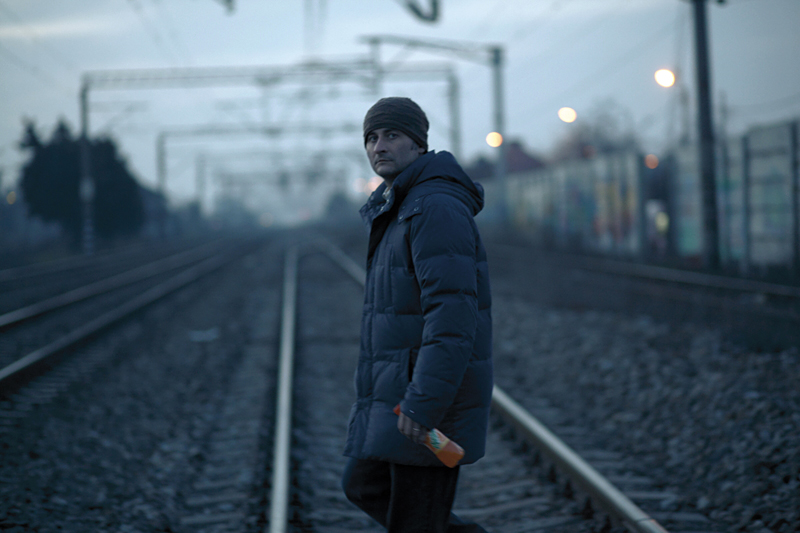The acme of no-budget, Buddhist-animist, faux-naive, avant-pop magic neorealism, Apichatpong Weerasethakul’s Uncle Boonmee is a movie in which conversing with the materialized spirits of the dead and watching the so-called living on TV exist on the same astral plane. Weerasethakul’s sixth feature is, like many of his previous movies, set mainly in the forests of remote, poor northeast Thailand, a place where multiple times co-exist and parallel lives converge. The pre-credits sequence of humans and water buffaloes hunkered down by a smoky fire in the woodsy dawn could be a scene out of Pather Panchali, until a glimpse of a humanoid “monkey ghost” signals that we have entered the filmmaker’s primeval realm. Elderly Aunt Jen and her young nephew, Tong, enter this enchanted forest to visit Boonmee, Jen’s brother-in-law, who’s dying of kidney failure. Boonmee explains that “spirits and hungry animals” can sense his sickness, and, sure enough, mid–evening meal, the ghost of Boonmee’s long-dead wife, Huay, materializes at the table. Shortly after, another red-eyed monkey ghost, the manifestation of their long-lost son, Boonsang, appears. No one is particularly surprised by the apparitions, least of all Boonmee. Similarly relaxed and tolerant of ambiguity, Weerasethakul has a taste for distanced camera positions, real-time expositions, deadpan humor, and blatant non sequiturs. Ending with one last, playful paradox, Uncle Boonmee seems the fullest expression yet of Weerasethakul’s singular sensibility.
Uncle Boonmee Who Can Recall His Past Lives: The Latest Strangeness From Apichatpong Weerasethakul
